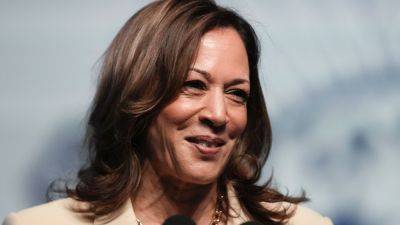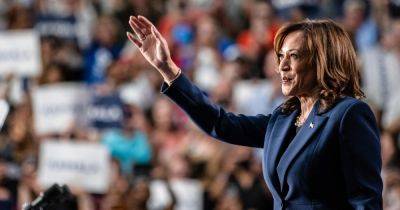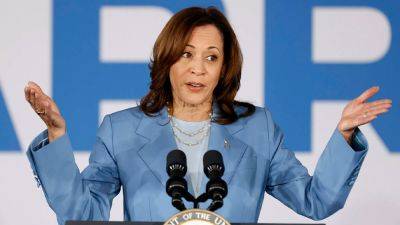How does replacing Biden actually work now that he’s dropped out of race?
Following weeks of pressure and speculation, Joe Biden announced in a letter on Sunday, July 21, that he would drop out of the race for the White House and was backing his vice president, Kamala Harris, to take his place.
Following a disastrous debate performance against Donald Trump on June 27, when he appeared confused and frail, made several gaffes, and lost his train of thought, more than 30 Democratic lawmakers publicly called for him to end his candidacy in favor of a younger candidate. Senior voices behind the scenes – like Nancy Pelosi and Chuck Schumer – were said to be encouraging him to step aside.
Insiders had previously toldThe Independent that they believed there was “no question” Vice President Kamala Harris would receive the baton if and when Biden chose not to run in November.
But how would replacing Biden actually work? Here’s the process:
The party’s nominee will be officially chosen at the Democratic National Convention in Chicago between 19 and 22 August.
Almost all of the nearly 4,000 Democratic delegates are currently pledged to Biden after he swept the primary races.
But during a press conference earlier this month, Biden had already said of the delegates: “They’re free to do whatever they want.”
“Tomorrow, if all of a sudden I show up at the convention and everyone says we want someone else, that’s the democratic process. It’s not going to happen.”
But it’s a bit more complicated than that. During the roll call vote to officially select the nominee, delegates who choose not to back the acknowledged candidate would have to vote “present” rather than vote for a different candidate.
Now that he has stepped aside, delegates will have to vote for someone else.
Brookings senior fellow Elaine







